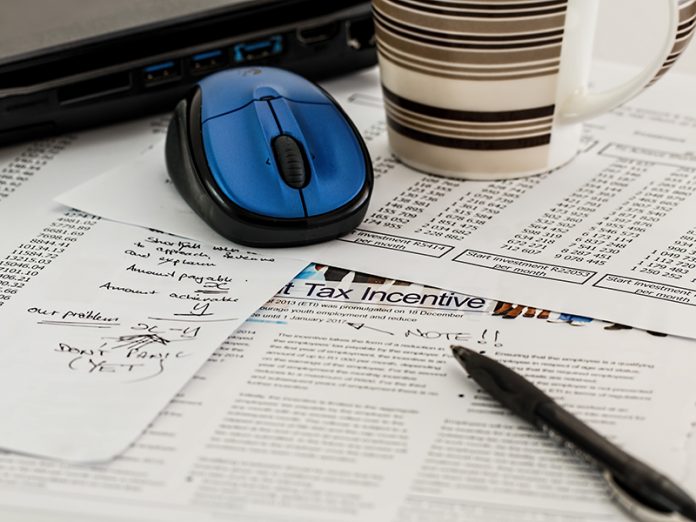HMRC is an equal opportunity entity when it comes to assessing taxes. Anybody who buys or sells in the UK knows that all too well. As a business owner, there is a good chance you run a VAT-registered company. You are charging 20% on certain goods and services to keep the taxman happy. What if you cannot pay your VAT bill when it comes due?
VAT financing is an option. Now, before you roll your eyes and decide this article is not worth reading, consider looking at the problem from a different angle. Taking out a Loan to Pay VAT is not necessarily a bad thing. If it is done properly and for the right reasons, financing your tax bill could turn out to be a very good thing.
What the Law Says
The law requires that all businesses must charge and pay VAT if their sales of VAT-eligible goods and services exceeds the established threshold which, at the time of this writing, is £85,000. Businesses increase their prices to account for VAT when they first register. From that point forward, they collect VAT on all qualifying purchases and then turn the money over to the government.
The law also allows businesses to reclaim any VAT they pay on qualifying goods or services necessary for regular operations. This is an incentive for small businesses to register for VAT. Bear in mind that a business cannot reclaim VAT if it is not registered.
Financing to Stabilise Cash Flow
There are a number of different reasons a company might choose to finance its VAT bill. One of those reasons is to stabilise cash flow. This is not a bad thing under the right circumstances. For example, a business might be relying on the bulk of its current cash holdings for an upcoming capital improvement project.
That project is forecast to increase revenue substantially. Paying cash will move the project along that much faster, thereby getting the increased revenues flowing in more quickly. If financing the next VAT bill frees up enough cash to complete the project, doing so makes sense. The increased revenues the project generates will more than cover the costs of the loan.
This scenario represents just one possibility. If you have been in business for any length of time, you know there are plenty of scenarios in which a more stable class flow is a good thing. There are even cases when cash is so critically low that a company’s future depends on short-term cash flow stabilisation.
Financing That First VAT Payment
Another scenario in which VAT financing makes sense is when it comes time to make that very first payment. Businesses registering for VAT for the first time are good candidates for financing. It all boils down to when a company registers in relation to its eligible revenues.
A business must register for VAT if its eligible revenues over the last 12 months exceed the current threshold OR current projections suggest revenues will exceed the threshold at some point in the next 30 days. Let us talk about the second scenario as it relates to VAT financing.
The moment a company is registered and has its VAT certificate, it must begin charging customers. All eligible sales above the government threshold will then be subject to tax whether or not the merchant collects it. The merchant’s first VAT bill will cover all of the eligible sales from the time of registration forward.
All of this sounds well and good until you realise that the company may need two or three quarters to get into the swing of things. It may take a few VAT returns before a business owner figures out how to manage cash flow in order to have enough money to pay VAT. In the interim, he or she may have to take out a loan to pay VAT on time.
Avoiding Tax Penalties
If nothing you have read thus far justifies VAT financing in your mind, there is one more scenario to consider: avoiding tax penalties. Even if you disagree with all of the other things suggested in this post, we expect you will concede that paying tax penalties is not a good thing.
Maybe you find yourself unable to pay your VAT bill because of poor billing practices. Maybe the accounting department doesn’t have a handle on cash flow. You may see several things that need to be corrected to get your company back on track. That is all well and good, but don’t pay tax penalties just to prove a point. You are better off financing your next VAT payment while you’re trying to correct the problems that caused you to be underfunded.
Here’s one final thought regarding VAT financing: having to take a loan to pay VAT doesn’t mean you have failed as a business owner. It does not mean that you should close up your business and go to work for someone else. All it means is that something happened to prevent you from having enough cash on hand. Whatever it is can be corrected.
VAT financing is a tool no different than a small business loan or government grant. Used wisely, VAT loans can be particularly good for small businesses. Hopefully, you now see them that way.
Related reading: International accounting info



































